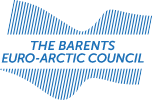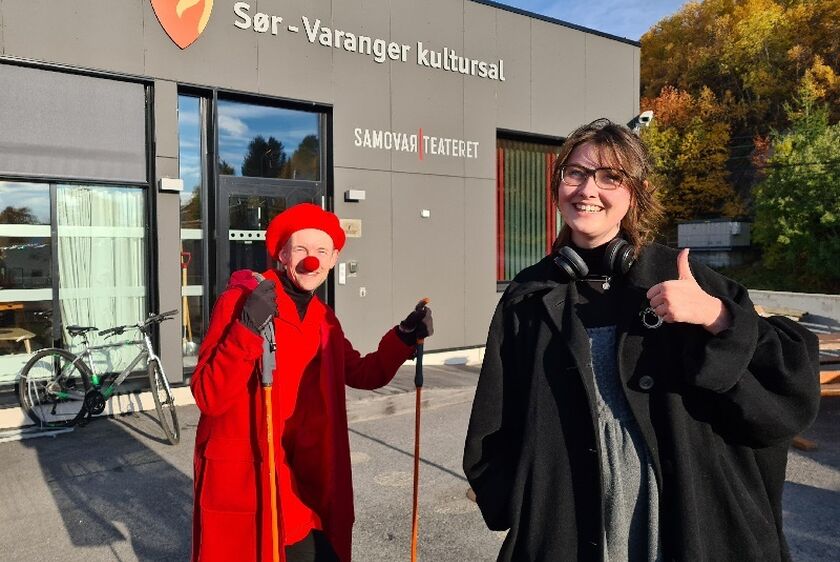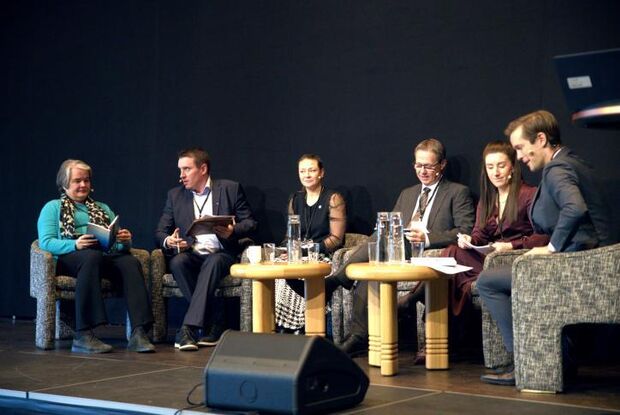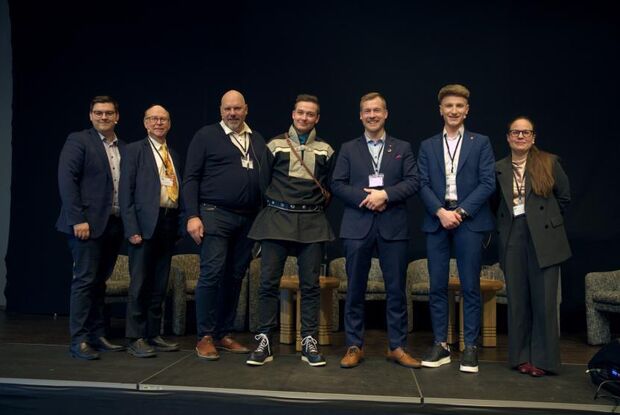– Tell us about your background
My typical cut-and-dried answer to this question is that I am a dual Norwegian German national born in England. However, my parent’s jobs meant that I moved around quite a bit growing up, resulting in a blend of English, American, Norwegian, Swiss, and ‘International School’ interactions that make my identity - along with my accent - difficult to place. It is perhaps because of this identity complex that I have such a strong affinity for the Arctic region! Growing up, my family roots in coastal Northern Norway gave me a sense of continuity through the various places we were living. At the same time, my international experiences gave me a perspective into growing global interest on the environmental, geopolitical, and economic significance of the Arctic.
The North has given me a sense of direction, which I have pursued since my undergraduate degree in Geography at the University of Cambridge where I wrote my undergraduate dissertation on the political ecology of Norwegian green energy transitions. More recently, I did a master’s degree in Polar Studies at the University of Cambridge on the changing geomorphological, ecological and socio-cultural role of wildfire in the production of boreal permafrost-bound landscapes. I am also a research assistant at The Arctic Institute, an international interdisciplinary think-tank, where I write and edit a weekly publication summarising and analysing the significance of Arctic news developments.
– How did you become interested in working at the International Barents Secretariat?
I found out about the International Barents Secretariat a few years ago when looking into Arctic policy development and governance bodies. The Barents Cooperation stood out to me because of its unique two-pillared institutional structure and internationally recognised achievements in cross-border dialogue and diplomacy. I immediately knew that one day I wanted to apply to the seasonal internship hosted by IBS; and was thrilled when I received the chance to turn what I thought would be a purely digital internship into a physical experience. Having done research on the remote sensing of industrial waste from mining production in Russia during my master’s programme, I have also been highly interested in the support the Secretariat provides to the Barents Working Group on Environment on their environmental pollution hotspot classification and improvement initiative.
– What will your work include at the IBS?
My primary aim is developing innovative ways to integrate mapping into the communication of the Barents Cooperation and its functions. More specifically, I will be updating and revising the cartographic framework of the Barents Environmental Hot Spots Information System. I will also be creating a series of interactive story maps to promote the progress in tackling environmental challenges in the Barents region as well as the diversity of participants and projects across the Barents Cooperation more broadly.
– What do you enjoy doing in your spare time?
I feel most at home becoming familiar with so-called ‘wild’ places: learning about local medicinal plants and folklore, cataloguing the contents of rock pools, gathering mushrooms and rocks, making inordinate amounts of jam from wild berries. My next goal is to become passably decent at identifying edible seaweed. This is part of the reason I am so excited to be in Kirkenes in person, as I can satisfy my cravings for (sustainable) foraging!









